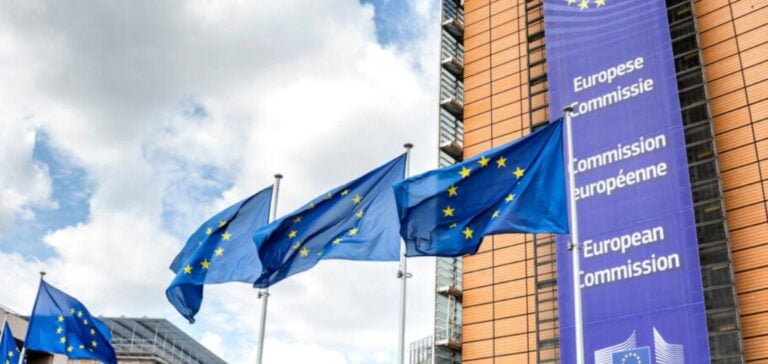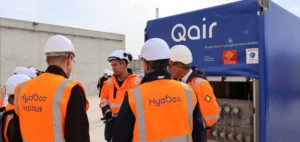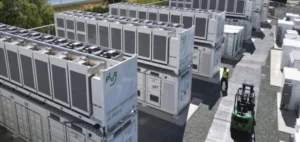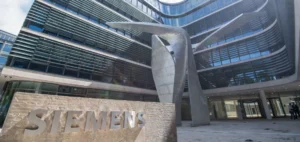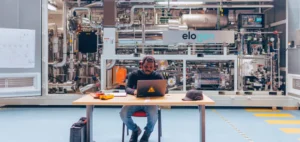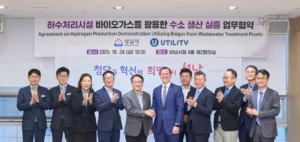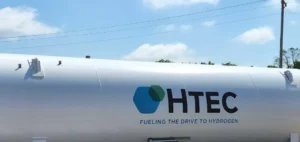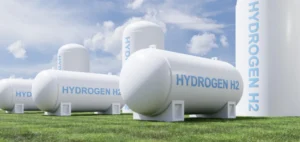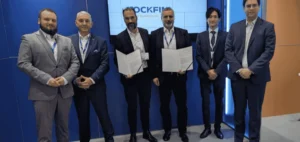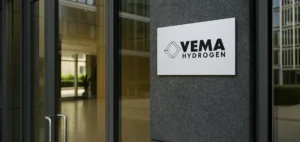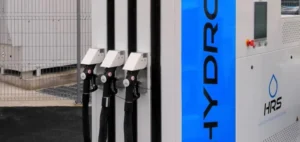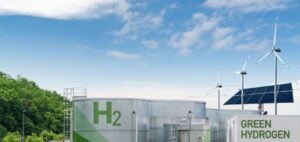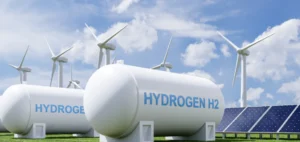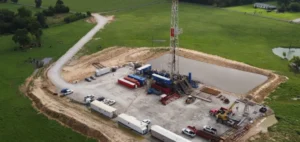The European Commission recently unveiled a pilot scheme to accelerate the development of the hydrogen market in Europe. This mechanism, designed as part of the Decarbonised Gas and Hydrogen Package, aims to clarify the market situation for suppliers and consumers, and to facilitate contacts between them. Set up for a five-year period, the scheme will be part of the European Hydrogen Bank.
Essential support for the Energy Transition
The hydrogen pilot mechanism will collect, process and provide information on the supply and demand of renewable and low-carbon hydrogen. It will enable European buyers to connect with European and foreign suppliers, providing an overview of hydrogen flows and prices. The Commission has launched a procurement process to find a service provider to develop an IT platform for this mechanism. The contract should be signed by the end of the year, so that operations can begin in mid-2025. In Europe, the first large-scale electrolysers are already under construction, and the first purchase agreements have been signed. Improved visibility of demand between suppliers and consumers will help speed up final investment decisions and secure purchasing agreements. Hydrogen will play a crucial role in achieving the objectives of the European Green Deal,eliminating Russian fossil fuels and supporting the decarbonization and competitiveness of European industry.
A Favorable Regulatory Framework
The EU has put in place a comprehensive and integrated regulatory framework to support the development of a fully functional hydrogen market by 2030. The Decarbonised Gas and Hydrogen Package has established clear rules for the market, providing legal certainty and long-term visibility for investors across the hydrogen value chain. On the demand side, the revised Renewable Energy Directive has introduced targets for renewable hydrogen in the industrial and transport sectors. The European Commission also plans to propose a legal definition of low-carbon hydrogen by the end of the year.
In addition to this favorable regulatory framework, the Commission supports the development of hydrogen infrastructure and investment. The Union’s first list of projects of common and mutual interest contains several hydrogen corridors that should connect consumers with producers across the EU and beyond. The list includes new pipelines, large-scale electrolyzers and hydrogen storage and terminal facilities.
Strategic Investments
The European Hydrogen Bank was created to stimulate investment in hydrogen projects and facilitate the establishment of a complete hydrogen value chain in Europe. The first domestic auction was a success, with 132 proposals received, seven of which were selected to receive nearly 720 million euros in financial support from the Innovation Fund. A second domestic auction is planned by the end of the year, with potential international auctions in cooperation with member states. The hydrogen industry in Europe is currently investing heavily in new projects. There are 254 renewable hydrogen projects in the EU, of which 170 are in operation and 84 under construction, corresponding to an installed capacity of almost 3 GW. An additional 8 GW of capacity is expected to come on stream thanks to the projects selected in the first pilot auction for renewable hydrogen. Around 18 billion euros have been invested in Europe via the Recovery and Resilience Mechanism, Member State schemes and several regional and innovation programs to stimulate early-stage hydrogen production projects, support energy conversion and develop infrastructure. In addition, the Commission has approved state aid for four IPCEIs (Important Projects of Common European Interest) in the hydrogen value chain, amounting to €18.9 billion, likely to unlock €27 billion of private investment.
The Hydrogen Valleys initiative, supported by the Commission, includes projects around the world, with some 100 hydrogen valleys, including over 50 in Europe. The number of such valleys has doubled since the REPowerEU plan was adopted in May 2022. The introduction of this pilot mechanism marks a decisive step towards the establishment of a functional, integrative European hydrogen market, strengthening the EU’s energy transition and its position in the global hydrogen market.


